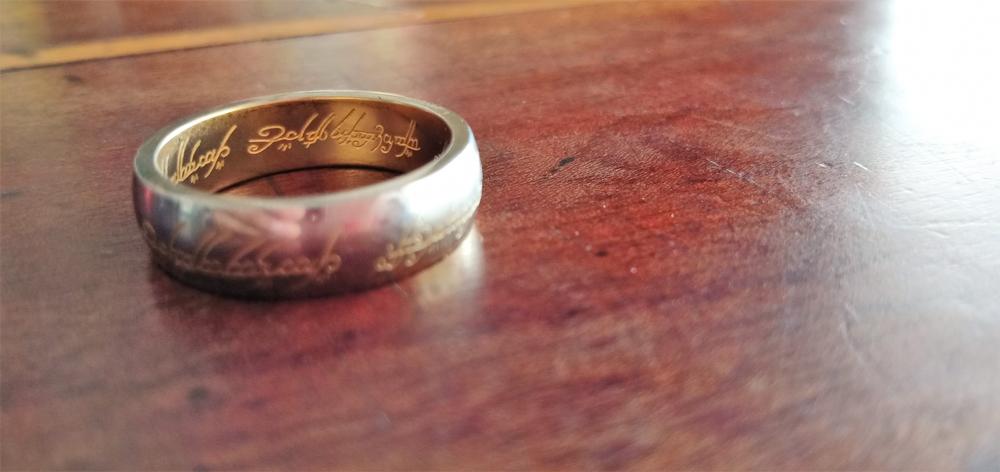Having read numbers of classic books, my friends are often surprised to hear that I had never read J.R.R. Tolkien’s famous “Lord of the Rings” trilogy.
“You have to read it,” numerous individuals—many of them males—exhort.

Having read numbers of classic books, my friends are often surprised to hear that I had never read J.R.R. Tolkien’s famous “Lord of the Rings” trilogy.
“You have to read it,” numerous individuals—many of them males—exhort.